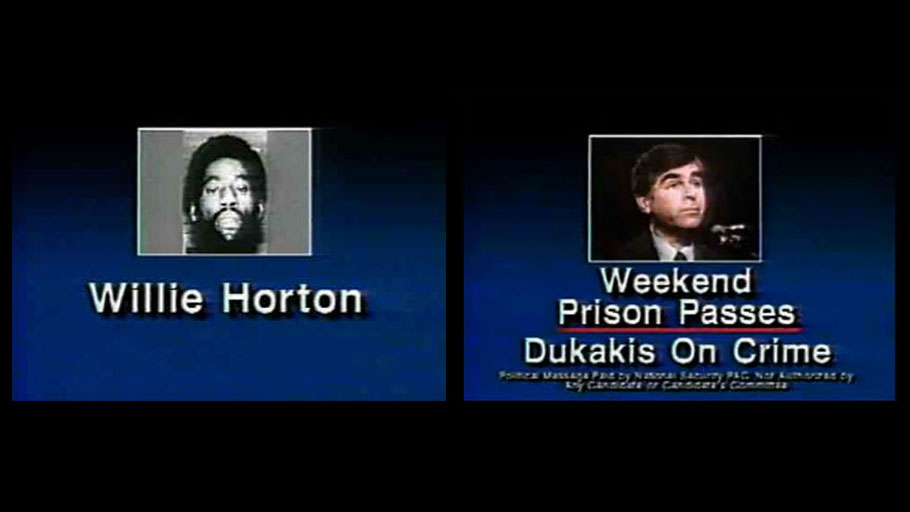George H.W. Bush leaves mixed record on race, civil rights
Early in George H.W. Bush’s political career, when he was running for a U.S. Senate seat in Texas, he came out against the landmark Civil Rights Act of 1964, deriding his opponent as “radical” for supporting the bill that ended segregation in public places and banned employment discrimination.
“The new civil-rights act was passed to protect 14 percent of the people,” he said. “I’m also worried about the other 86 percent.”
The stand seemed at odds with his family’s long history of supporting civil rights (his father, Prescott Bush, a Connecticut senator had worked to desegregate schools and protect voting rights) and with his own work raising money for the United Negro College Fund.
But in Texas, where the Republican party was steadily becoming more conservative and embracing the Southern Strategy of appealing to white voters, Bush’s position made sense.
George H.W. Bush leaves mixed record on race, civil rights
Early in George H.W. Bush’s political career, when he was running for a U.S. Senate seat in Texas, he came out against the landmark Civil Rights Act of 1964, deriding his opponent as “radical” for supporting the bill that ended segregation in public places and banned employment discrimination.
“The new civil-rights act was passed to protect 14 percent of the people,” he said. “I’m also worried about the other 86 percent.”
The stand seemed at odds with his family’s long history of supporting civil rights (his father, Prescott Bush, a Connecticut senator had worked to desegregate schools and protect voting rights) and with his own work raising money for the United Negro College Fund.
But in Texas, where the Republican party was steadily becoming more conservative and embracing the Southern Strategy of appealing to white voters, Bush’s position made sense.
George H.W. Bush leaves mixed record on race, civil rights






